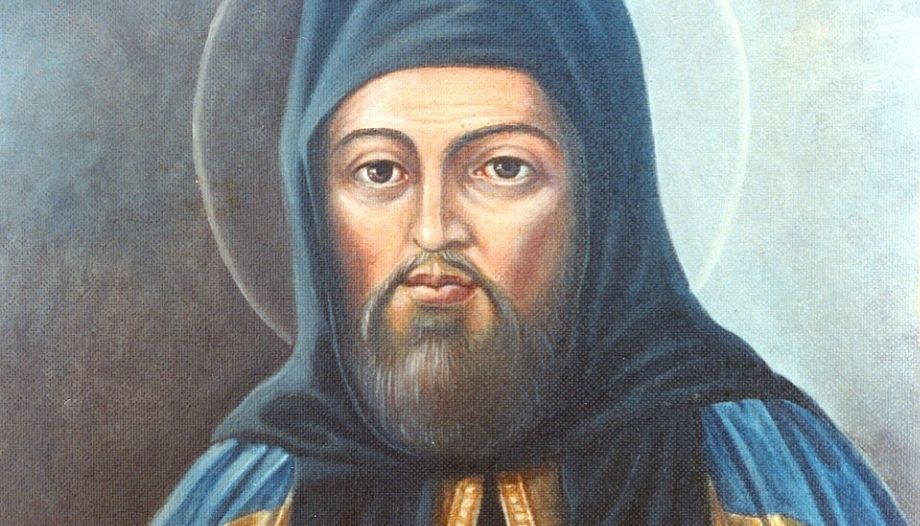St. Josaphat Kuncewycz was born in 1580 in Volhynia, a region that today is part of Ukraine, into a family belonging to the Orthodox Church. From his youth he showed a deep religious inclination and a life of piety. Josaphat sought unity between Eastern and Western Christians in a context of tensions between the Orthodox and Catholic Churches,
He entered as a Basilian monk in the monastery of the Holy Trinity in Vilnius (present-day Lithuania), where he adopted the name Josaphat. There he stood out for his austerity, apostolic zeal and capacity for theological study. In 1609 he was ordained a priest and soon became a promoter of the Union of Brest (1596). By this agreement, part of the Ruthenian Church accepted the authority of the Pope of Rome, preserving its Eastern rite.
His evangelizing work led to his appointment as archbishop of Polotsk in 1617. He worked for the formation of the clergy, the teaching of Catholic doctrine and reconciliation among the divided faithful. His doctrinal firmness and exemplary life won him admirers as well as enemies, especially among those who opposed union with Rome.
Martyr of the Christian communion
Because of his openness to the plurality of expressions that respected the one faith, his detractors began to accuse him of being a “kidnapper and thief of souls” from the Orthodox Church, notes the vatican saints' calendar. In reality, Jehoshaphat had never left the Eastern liturgical expressions. For he kept the Old Slavonic language, and based his teaching essentially on two foundations: fidelity to the See of Peter and to the tradition of the Fathers.
On November 12, 1623, while visiting Vitebsk, a hostile mob broke into his residence. St. Josaphat was beaten and killed for defending the unity of the Church, becoming a martyr of the Christian communion. His body was thrown into the Dvina River, although it was later recovered and venerated as a holy relic. Pope Pius IX canonized him in 1867, and proclaimed him patron saint of the unit between Catholics and Orthodox.







